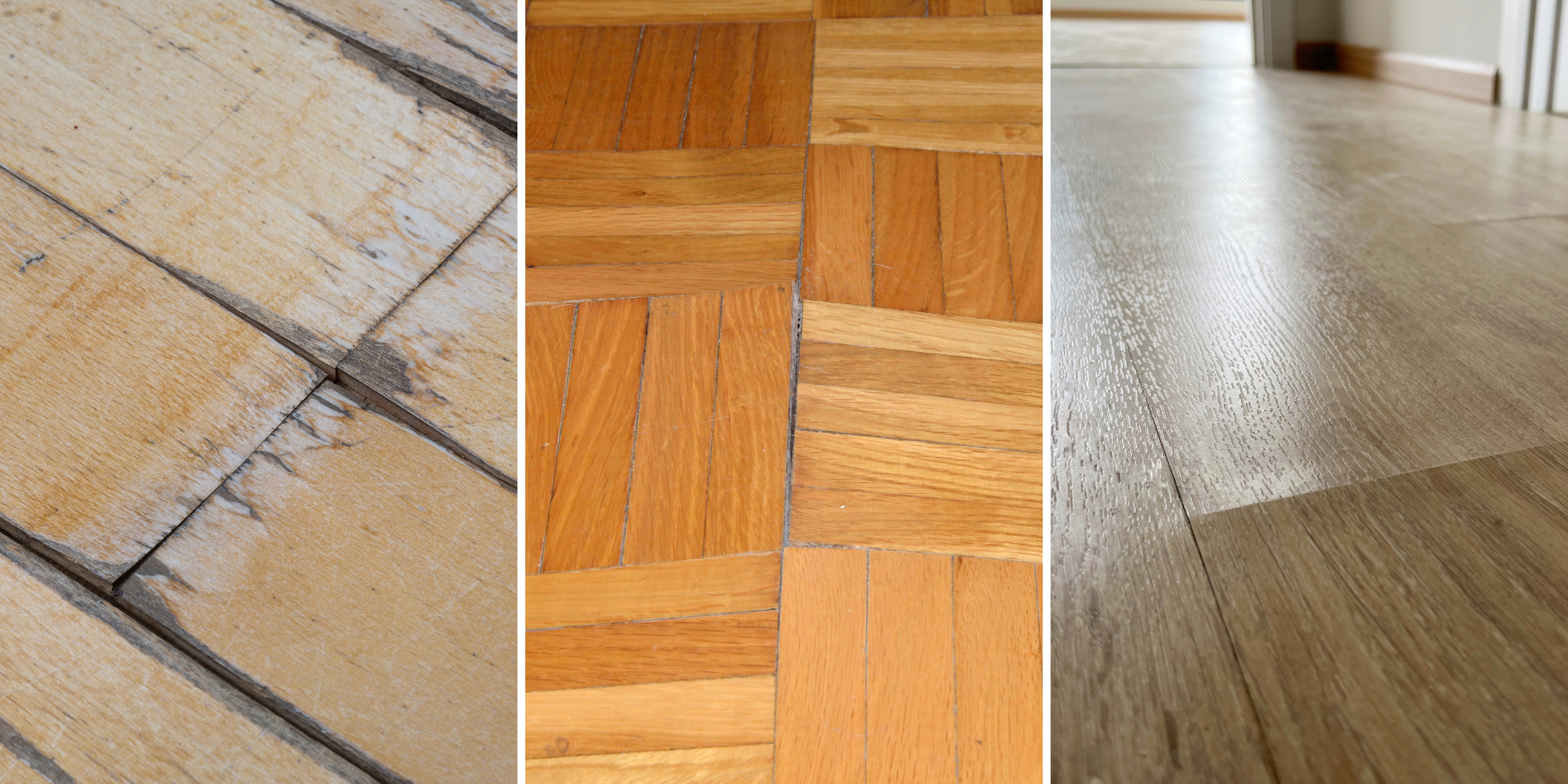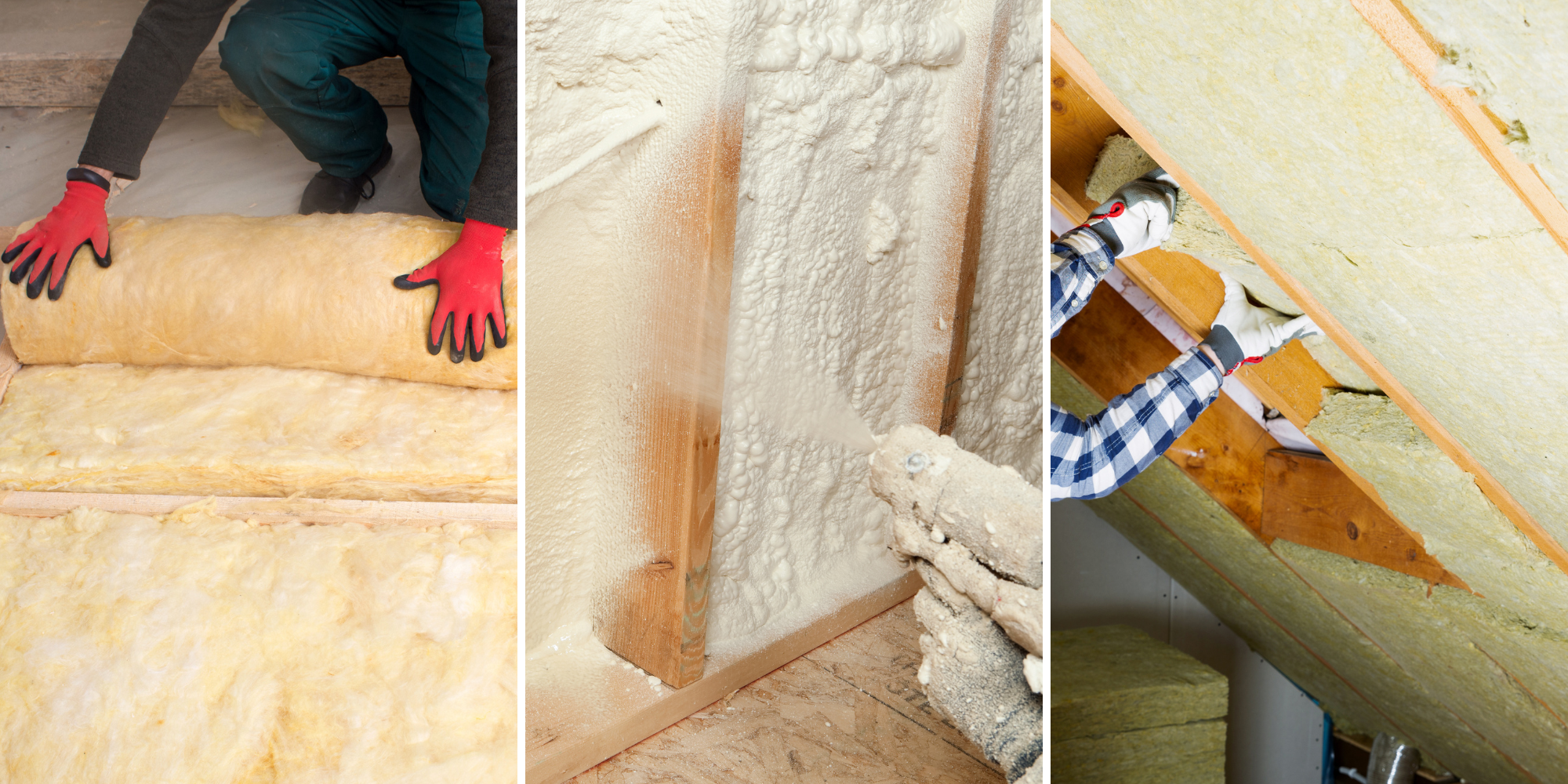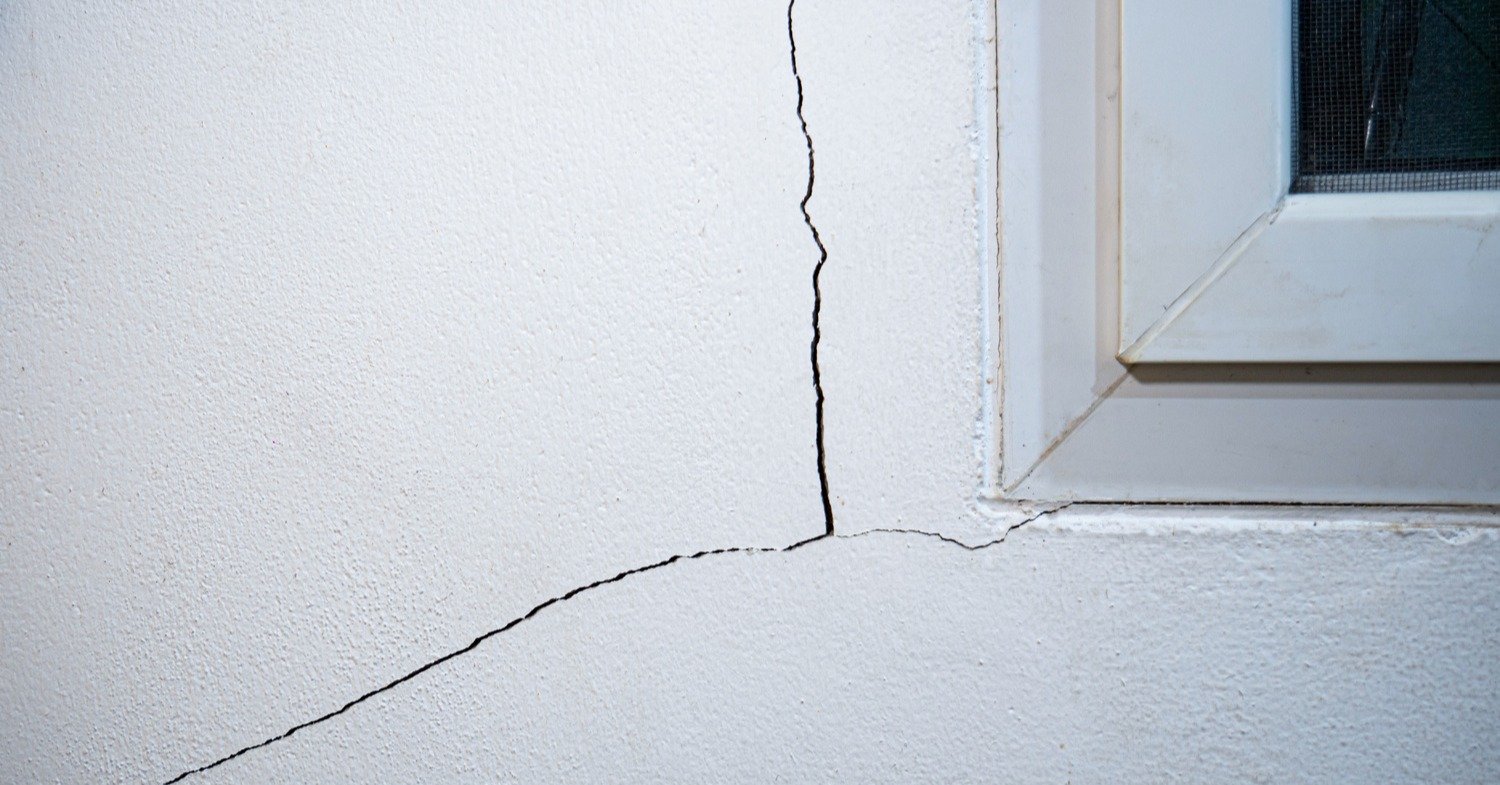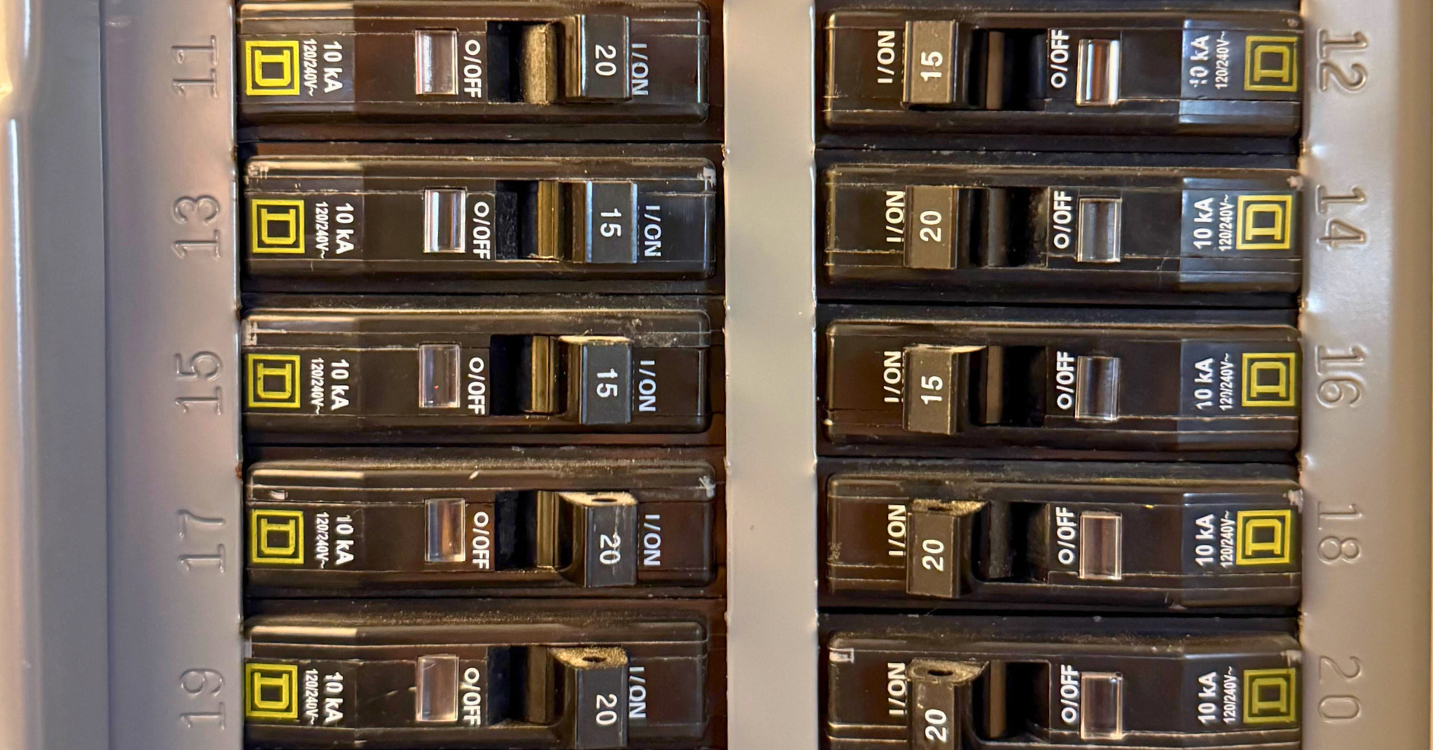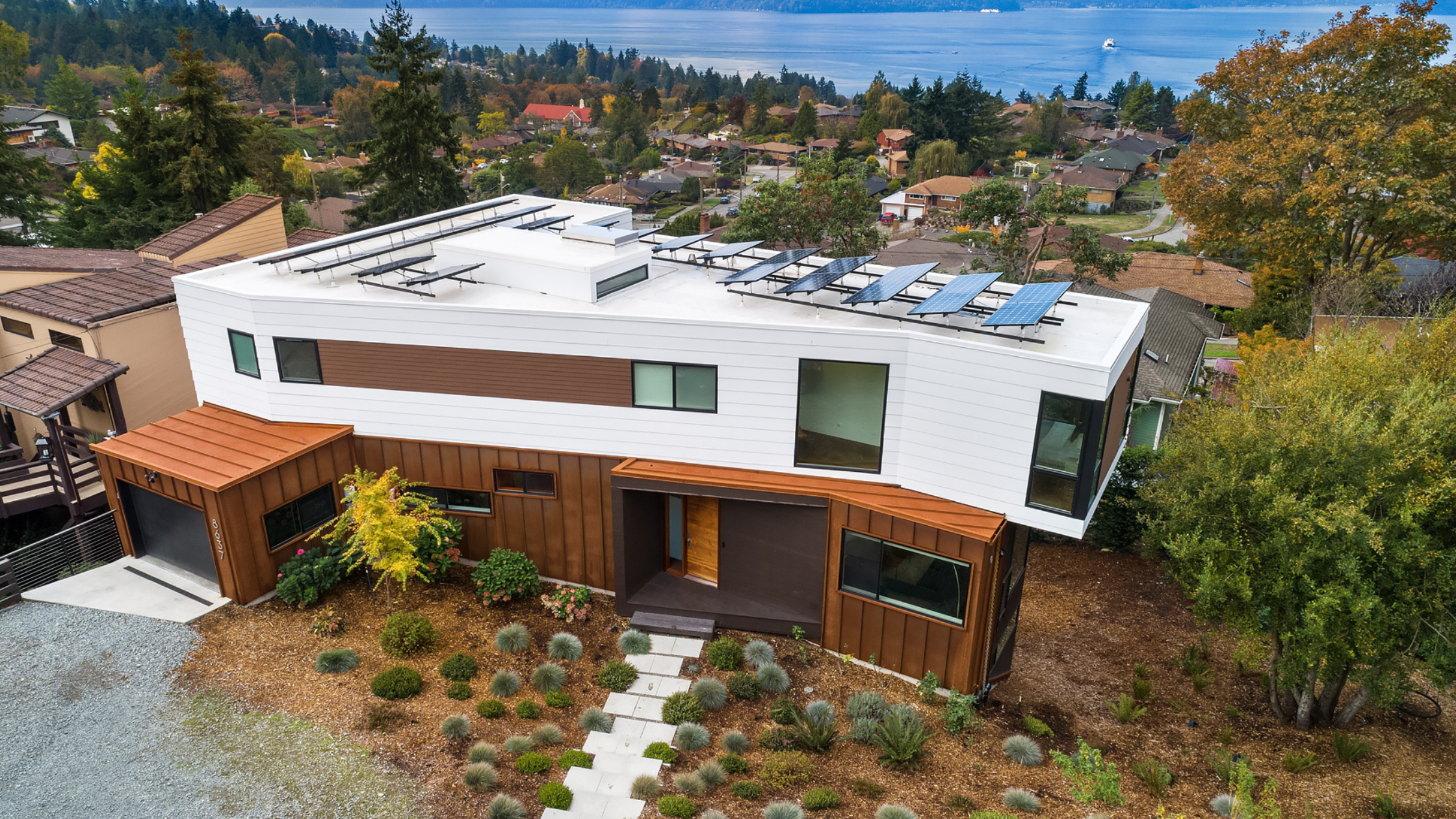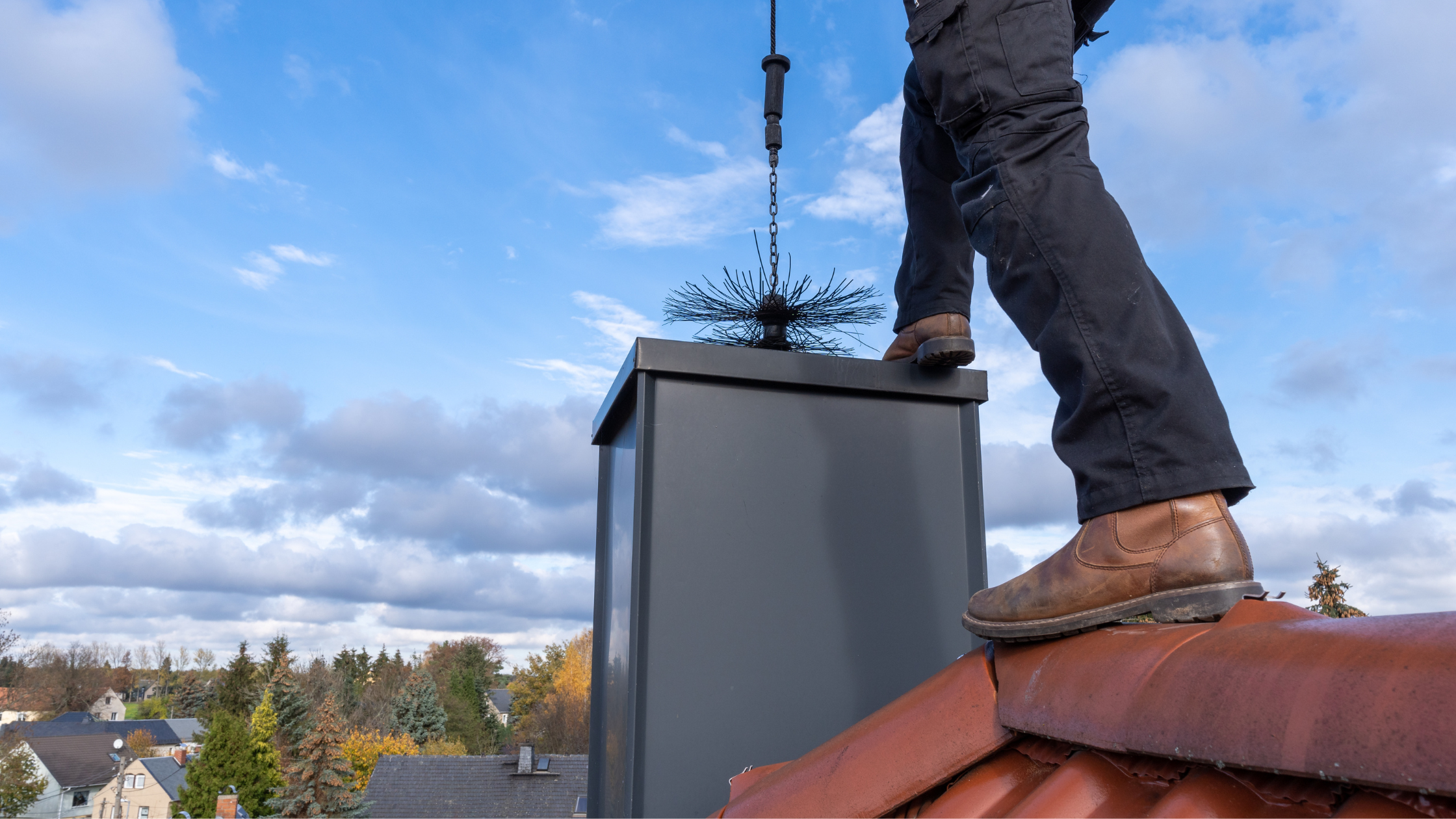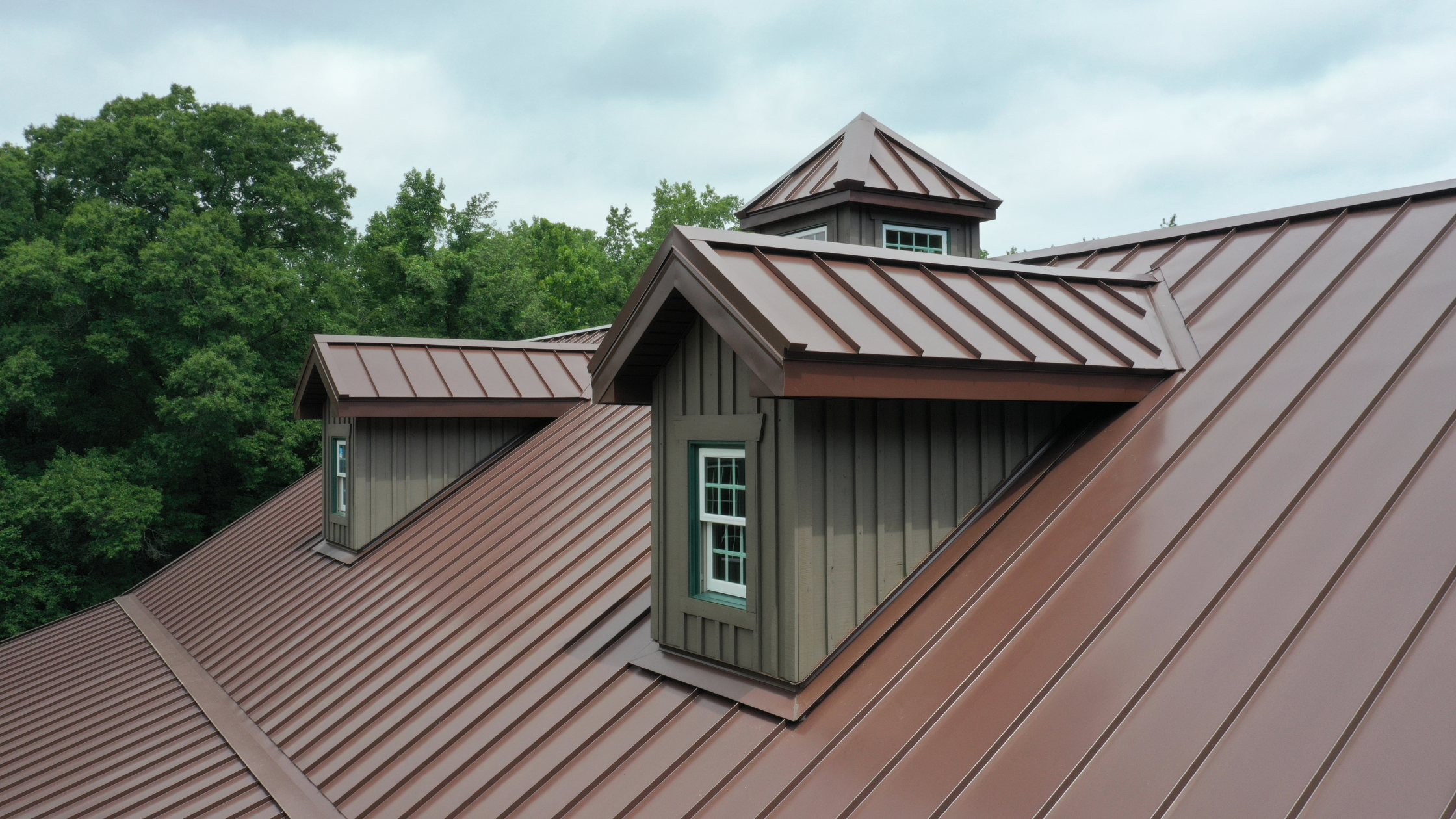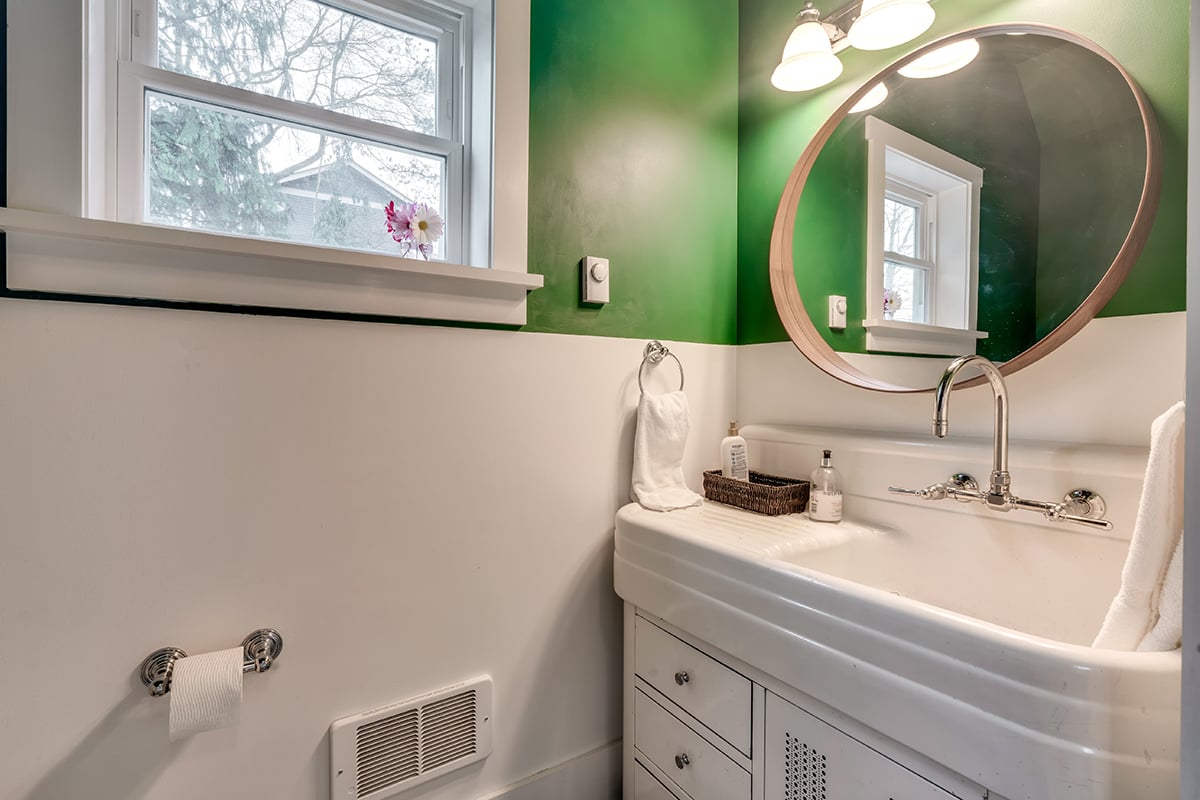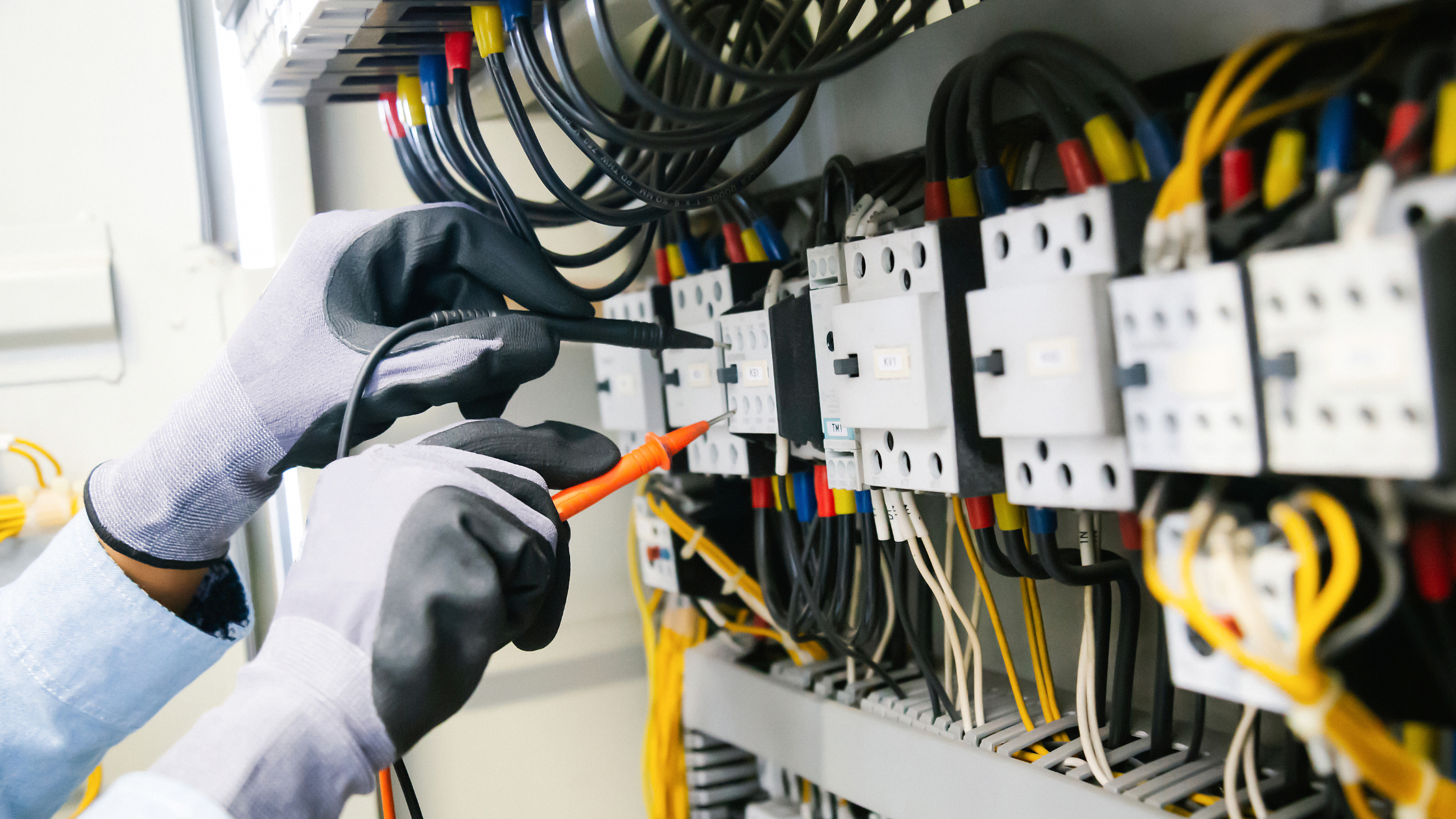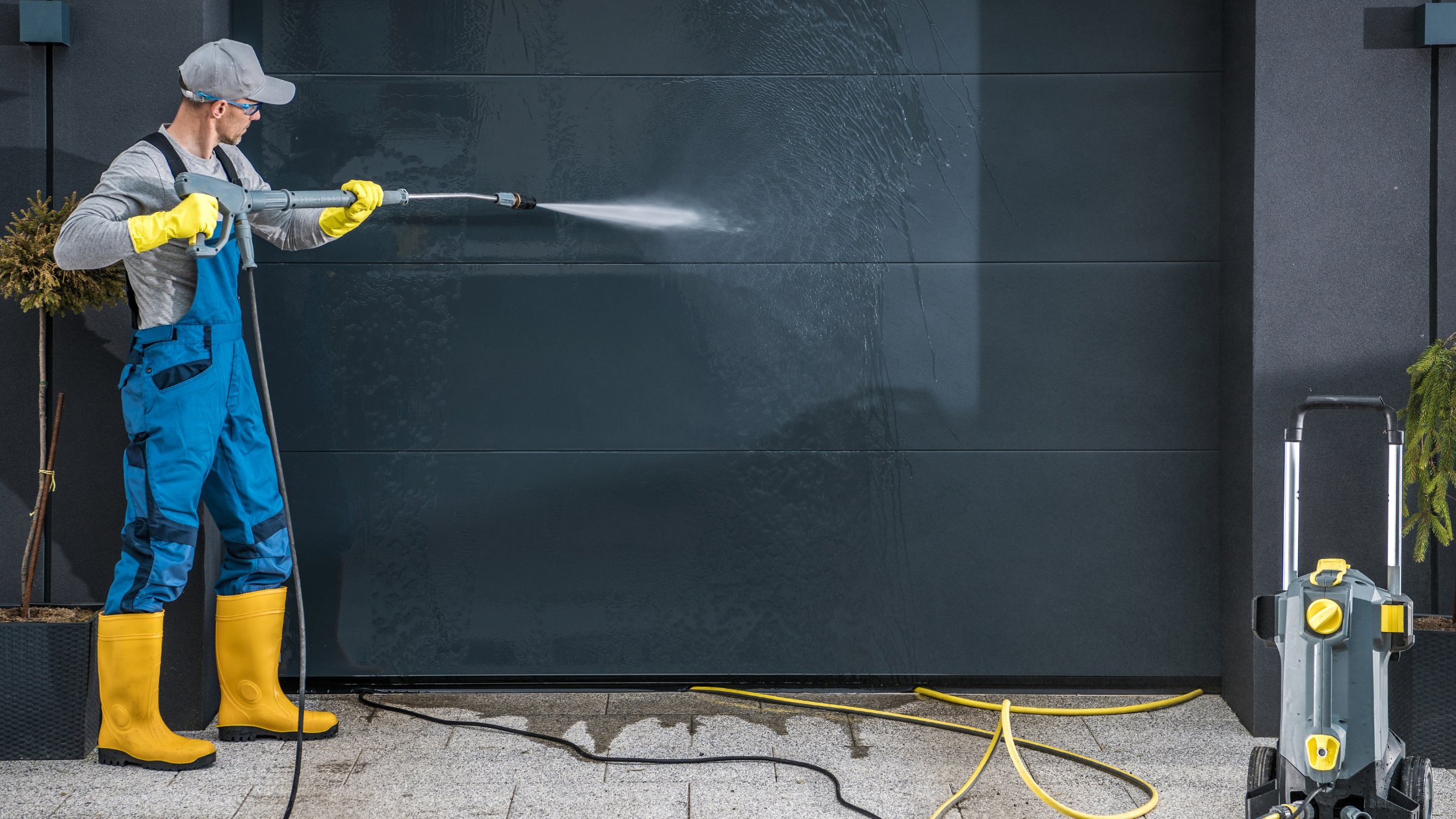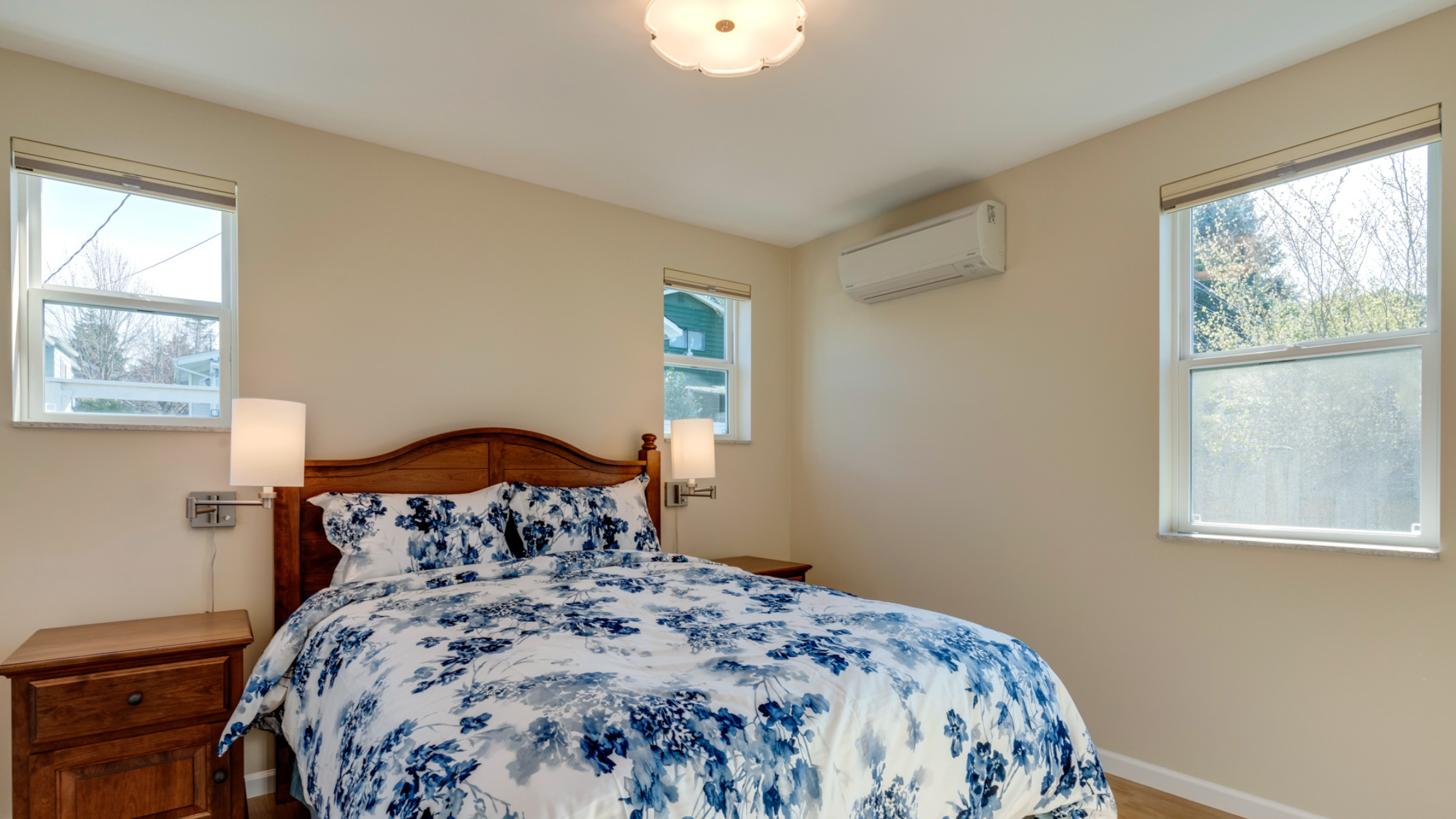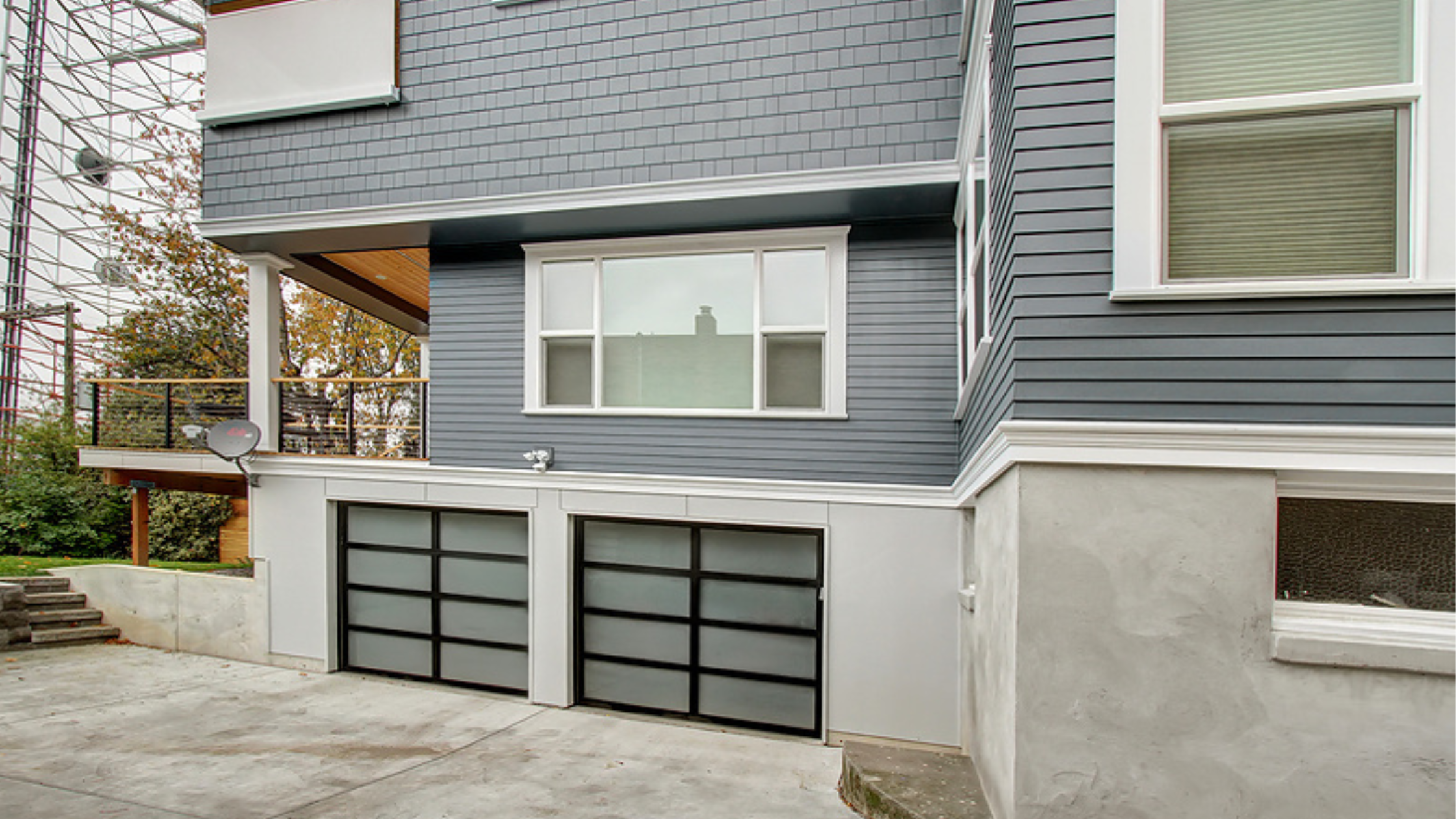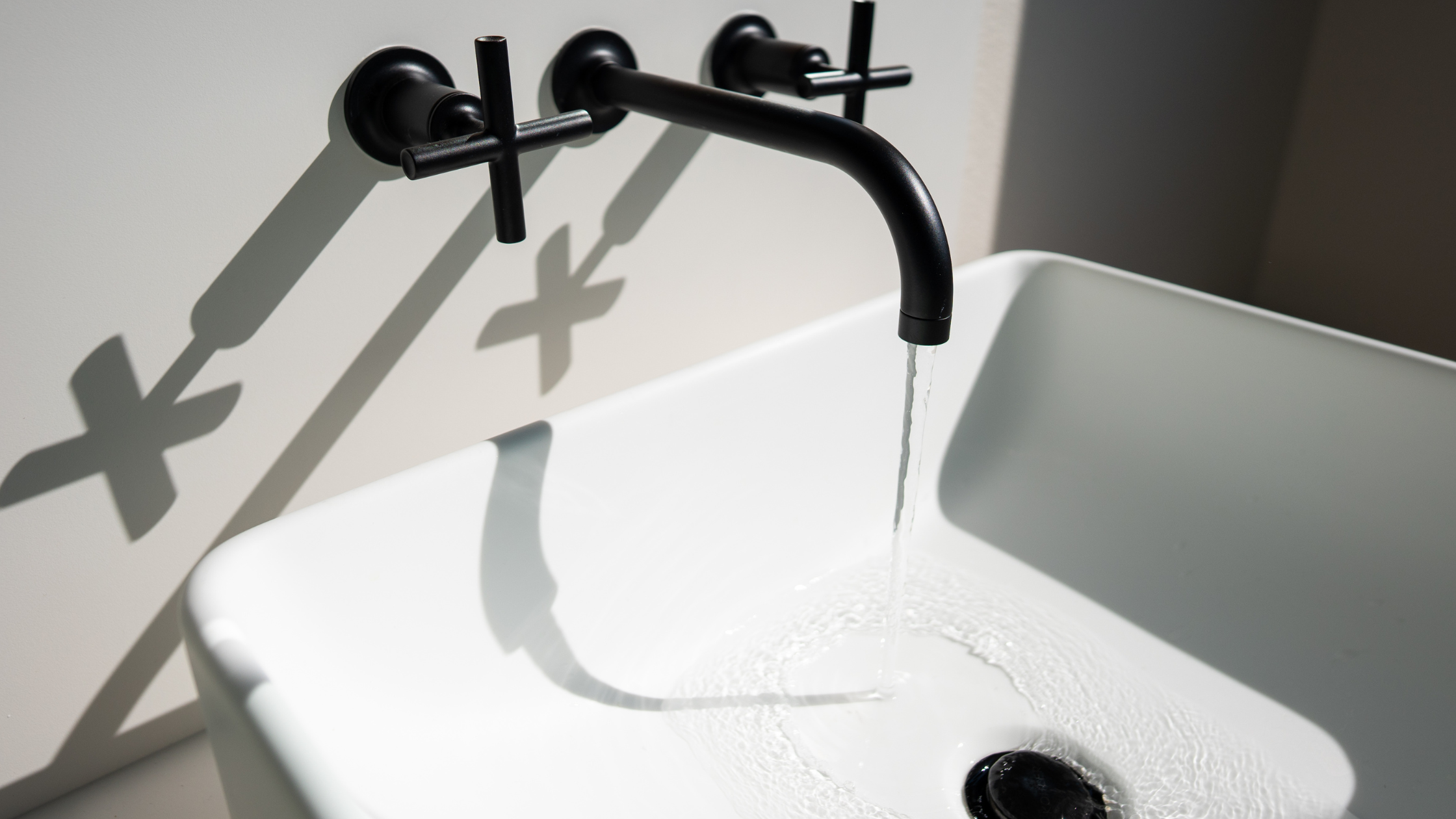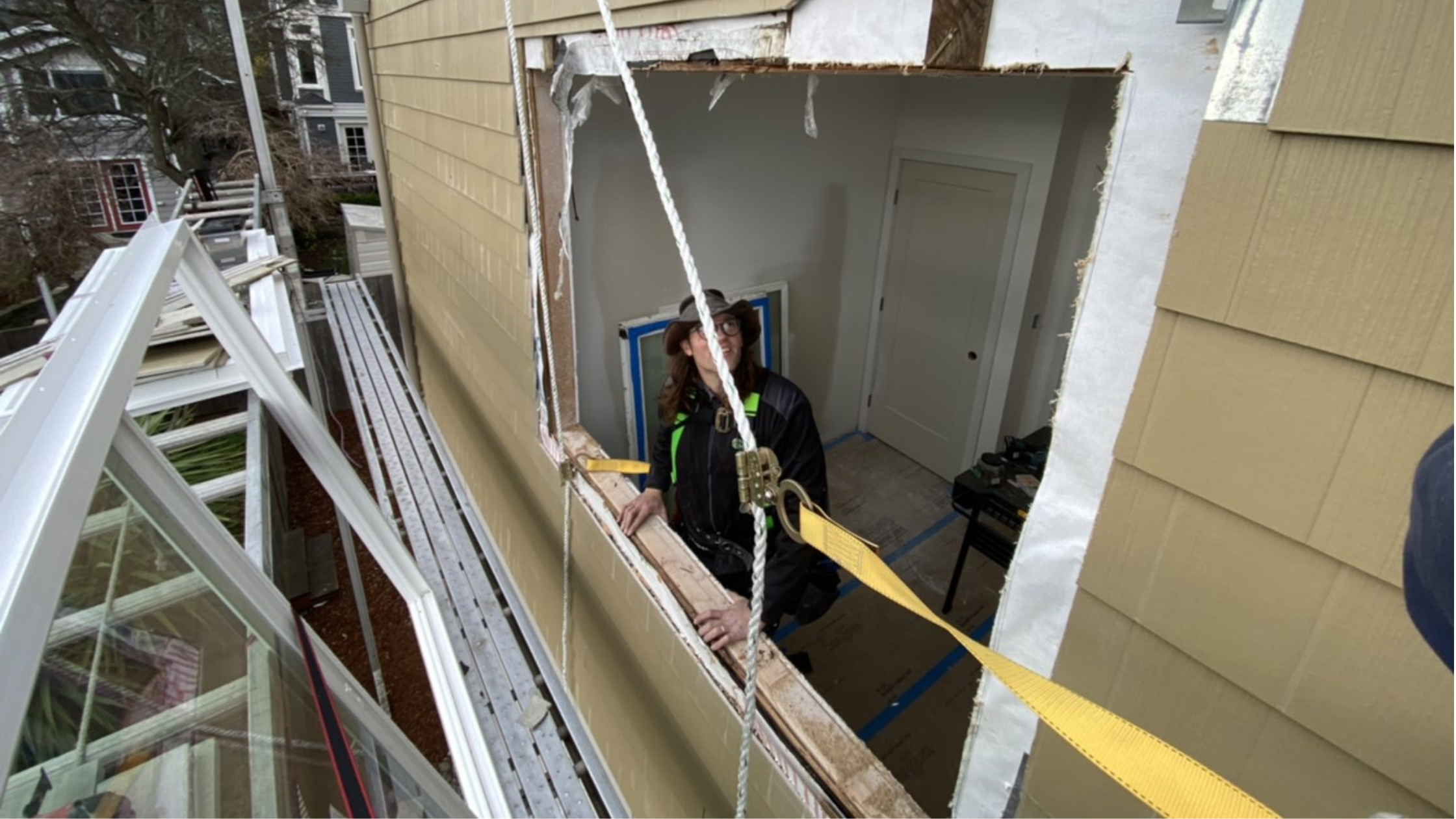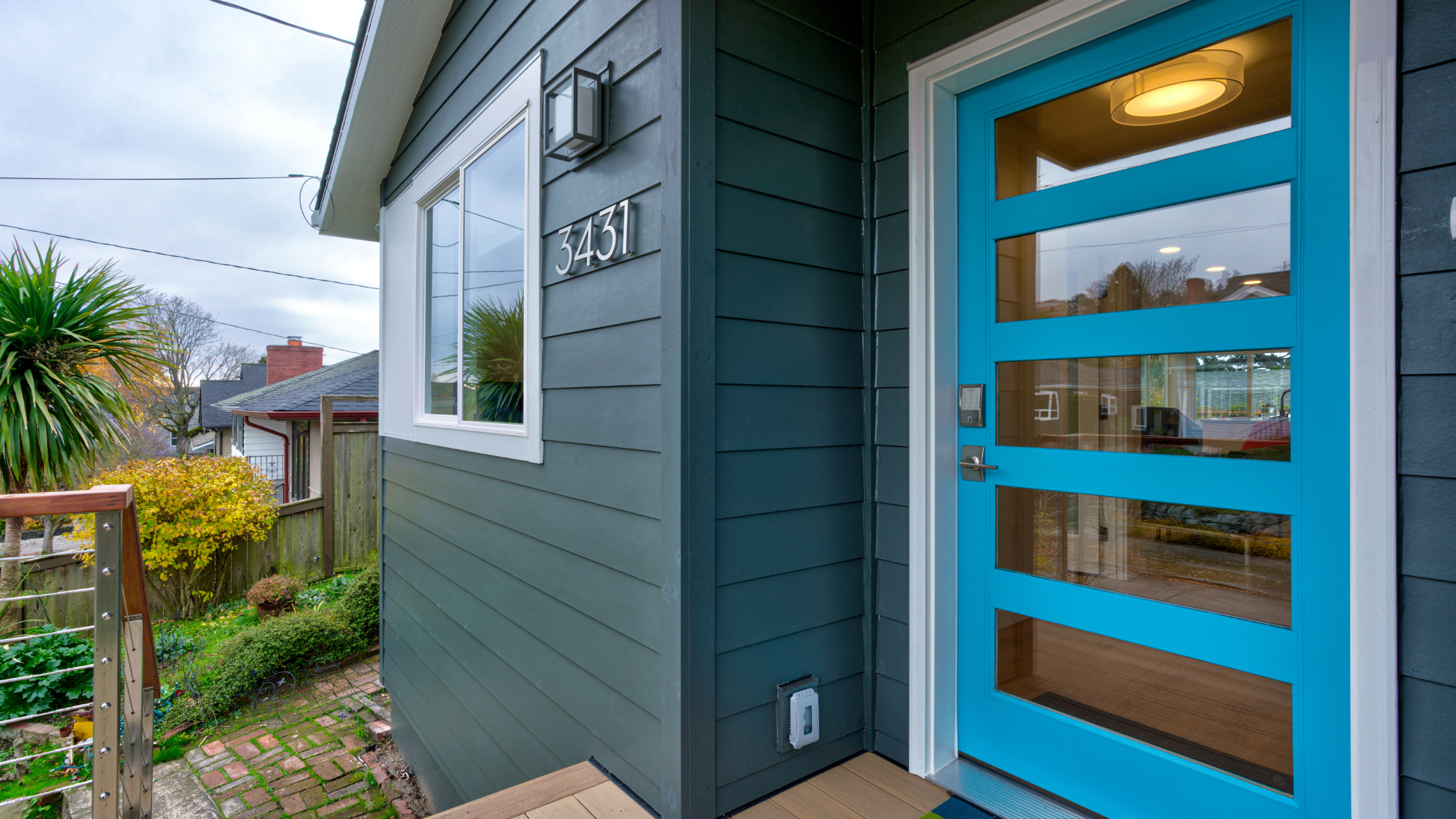When it comes to your heating system, deciding between repair and replacement can be challenging. Whether you're driven by necessity or a desire to update, various factors need careful consideration before deciding. Therefore, you should always work with a company with a deep knowledge of HVAC systems that understands the importance of providing tailored solutions to meet your needs. In this article, we'll guide you through key questions to ask yourself when considering whether to repair or replace your heating system.
A few upfront questions you should ask yourself are: how long have you been in your home? What’s the age of your system? What are the local regulations on system changes or updates? These are just a few of the factors to consider when contemplating changes to your heating system.
When Should I Update My Heating System?
Updating out of Necessity
Common scenarios often lead homeowners to repair or replace their heating systems. For instance, waking up in a cold living space due to a malfunctioning furnace can indicate the need for a replacement or relying on electric space heaters to keep specific zones in the home evenly heated. If the furnace is over 12 years old and the repair costs are similar to or exceed the replacement cost, it may be time to consider an upgrade. When replacing your furnace or heat pump, explore various energy sources and efficiencies, such as electric or natural gas furnace options, keeping in mind any local code requirements. For example, if you currently rely on radiators or a fuel oil-based system, it's likely time for a replacement. Similarly, if you have a forced-air system and need to update or replace it or might consider adding an air conditioning system, you'll likely opt for another forced-air system, aka central heating, as switching to a ductless system can be more expensive.
High energy bills can also be a significant factor in considering a replacement. Even if your air furnace seems to be functioning adequately despite its age, the chances of major breakdowns increase over time, leading to rising bills. Therefore, replacing your heating system becomes a compelling option if you want to improve energy efficiency and lower operating costs. Additionally, if poor air quality and filtration are causing health issues such as asthma or allergies, upgrading your home heating system can significantly improve indoor air quality and alleviate these concerns.
Changing out of Preference
In some cases, homeowners may opt to change their HVAC systems based on personal preferences and needs. For example, if the HVAC unit occupies space, the homeowner wishes to repurpose, upgrading to a more efficient and compact system can create new possibilities. When selecting a new high-efficiency heat source, ensuring the proper sizing of the furnace in British Thermal Units (BTU) is crucial for optimal efficiency. You also need to consider the work required to connect a new system. While new construction projects typically have recommended ductwork sizes, replacements usually involve connecting to existing ductwork to avoid costly modifications. This means you may be limited to options or units that will work with the ducting you already have in place.
Another driving factor for change is the desire to equalize temperatures in different zones of the home. Homeowners can achieve greater control over room-by-room temperatures by utilizing motorized dampers and individual thermostats connected to their central heating system. Some homes even feature a combination of ductwork systems and mini-split systems in specific areas. Similar to turning a baseboard heater on and off, mini-split systems offer zoning capabilities at the source, making them more efficient. It's worth noting that multiple types of heating systems may require different maintenance and service professionals, adding complexity to the process. Investing in a high-quality HVAC system can also help maintain the value of your home.
Exploring Different Types of Home Heating Systems
Understanding the various types of heating systems available can help you make an informed decision.
Forced Air Systems

Forced-air heating systems utilize ductwork and registers to distribute warm air throughout the home. On the other hand, mini-split heating systems consist of individual units installed in each room, eliminating the need for ductwork. In addition, mini-split systems offer zone control, improved energy efficiency, combined heating and cooling, and enhanced air quality due to advanced filtration.
Radiant Heat & Hydronic Heat Systems

Radiant heat and hydronic heat systems, commonly used for floor heating, can be either hydronic or electric heat distribution systems. These systems provide even heat distribution without circulating air, making them ideal for maintaining consistent temperatures. However, they may not offer cooling capabilities. Hydronic systems require a boiler to heat water and pump hot water through the system, while electric systems require separate units in each room. It's important to note that hydronic systems are typically used in new construction or large-scale renovations, while electric systems are suitable for specific applications.
Keep Your Home Warm and Cozy
While some homeowners may choose a combination of different heating systems, it's essential to consider the maintenance requirements and potential complications that arise with multiple systems. The decision to repair or replace your HVAC system should be based on the cost of repairs, the age of the furnace, and the likelihood of future issues. If your furnace is nearing the end of its lifespan, investing in a new system, though initially more expensive, can save you money in the long run by ensuring better performance and minimizing the risk of breakdowns.
Ultimately, consider the long-term impact on your finances, health, and overall comfort when deciding between repair and replacement. Then, plan ahead to address your current needs while making choices that will serve you well in the future.
For a more detailed guide to home maintenance, download our eBook, “Redefining Home Maintenance: The Proactive & Essential Guide for Homeowners.”

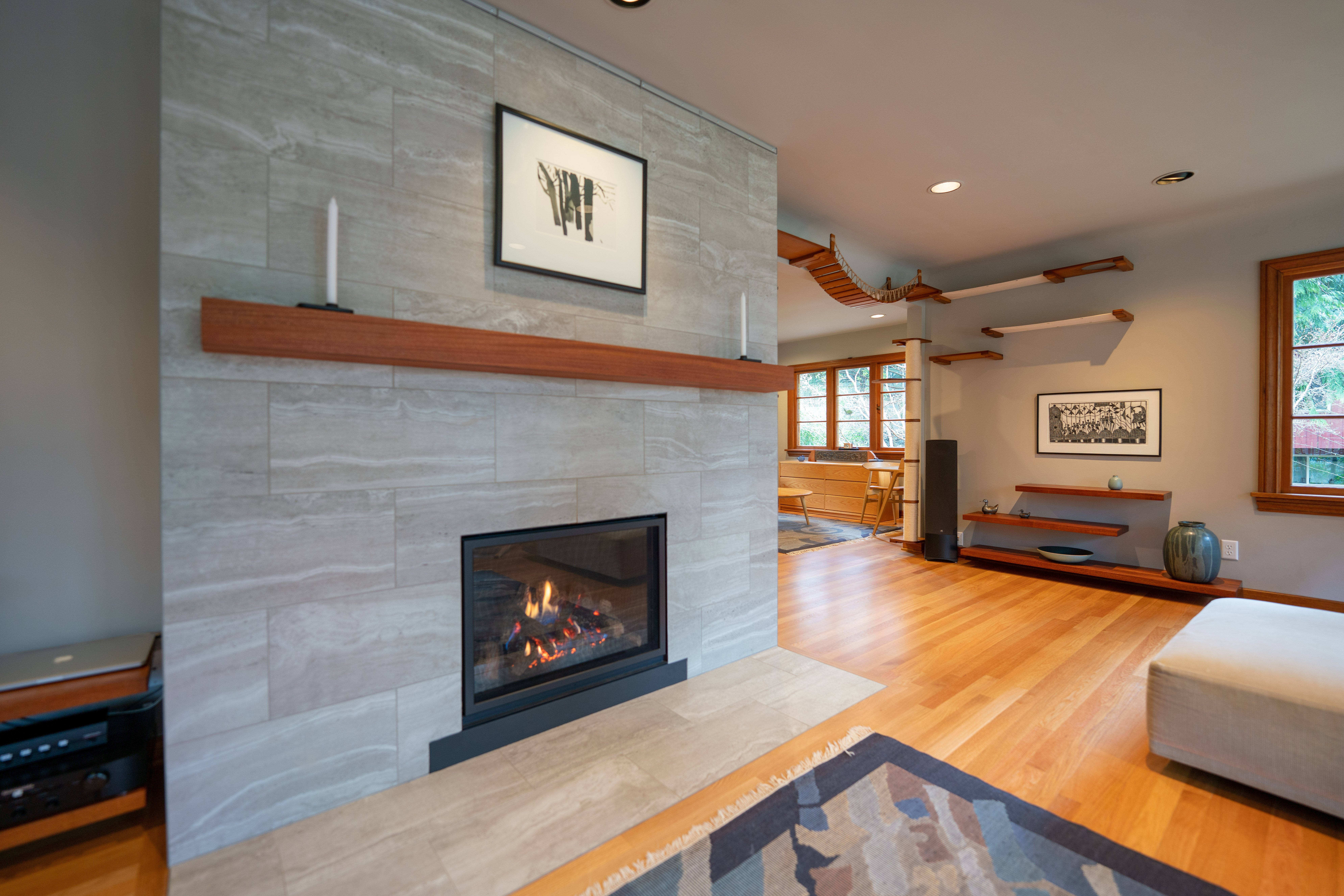
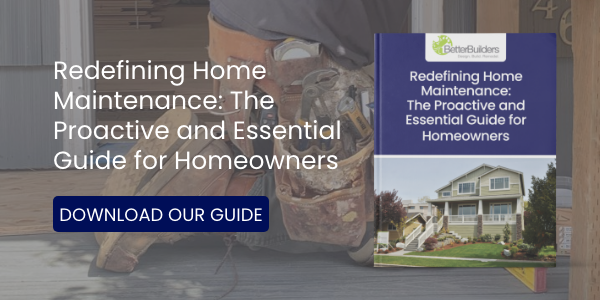


.png)
.jpg)
